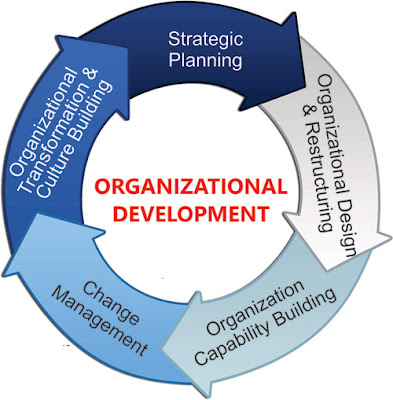I am not going to sit through the whole course and undertake all the sessions, reviews and assignments. Instead, I will view all the video lectures at my leisure over the Christmas break building a foundation of knowledge to apply in future business endeavours.
Designing and implementing strategy is one of the joys of management, for the bulk of us, this is achieved through small business management and entrepreneurial activities such as start-up business enterprises.
Most of us are unable to rise to leadership of large corporation, this is a pretty tight and well-connected market that the majority of us can only dream about. For the majority of us, we are employed in mid-tier positions if we are lucky and shop floor level in our younger years.
Game theory has been described as the study of conflict and cooperation with the concepts of game theory formulating, analysing, implementing and evaluating strategic interactions between interdependent individuals, groups and firms.
The mathematical foundations and internal consistency of game theory ensures this remains a prime tool for modeling for the design of automated decision-making processes in interactive and complex business environments.












